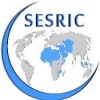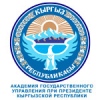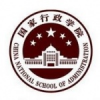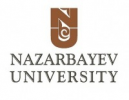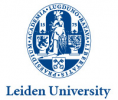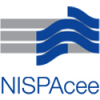Peer Learning Alliances
× Reading mode
As a part of its peer learning and capacity building pillar, the Astana Civil Service Hub successfully facilitates and promotes peer-to-peer learning by launching Peer Learning Alliances, created to capture tacit knowledge of practitioners (or reformers) and share between reformers best solutions for country-specific problems, as well as develop and implement “best fit” reforms.
Peer Learning Alliances leverage on the Peer-to-Peer Learning Guide developed by the Effective Institutions Platform (EIP), that is run by joint Secretariat in OECD and UNDP Global Centre for Public Service Excellence in Singapore.
Peer Learning Alliances take a problem-driven approach and are specifically geared towards unearthing insights that cannot be gained from employing a highly paid expert, but that are likely to be found with peers that have faced them, overcome them or are still struggling with them.
Ideally, these interactions continue beyond one event and their agenda and topics for learning are defined by the participating peers themselves. The peers are purposefully matched to allow for greatest possible common ground and are provided with opportunities to keep the engagement going over a period of time that allows the application of the advice they receive from each other and joint review and follow-up discussion.
Once a Peer Learning Alliance is agreed upon and launched, subsequent events generate an environment of trust with high knowledge sharing potential, which enables peers to share freely and at the same time bring tangible learning results that will translate into improved practices at country level. The Astana Hub assists participating organisations in matching of peers, producing learning tools and curates a series of virtual and face-to-face follow-up engagements.
EIP Learning Alliances (value of peer to peer exchanges in fostering changes)





